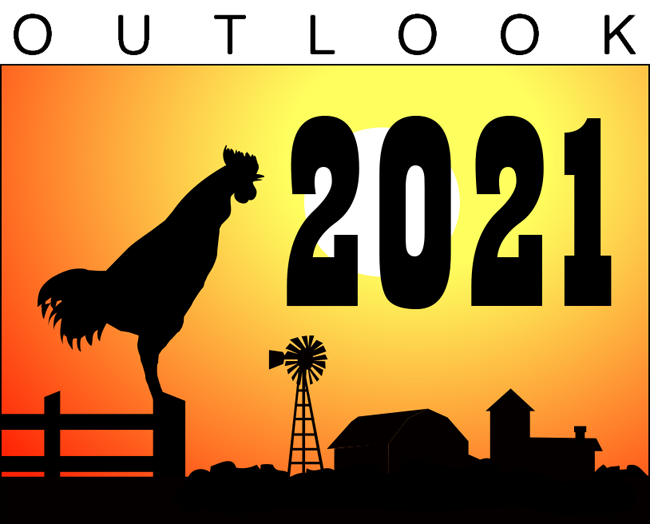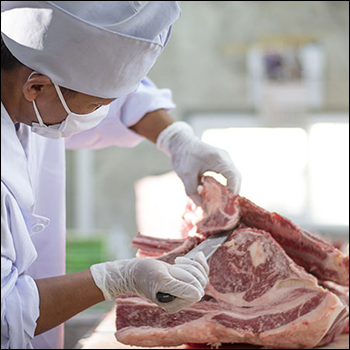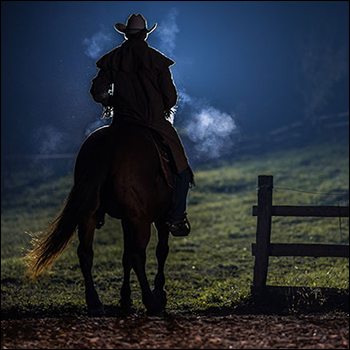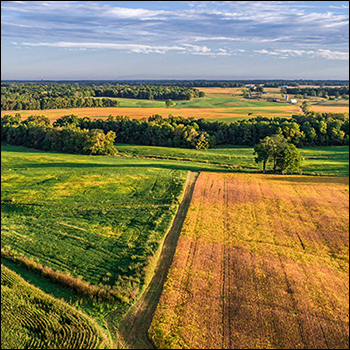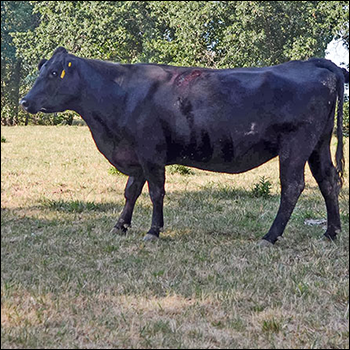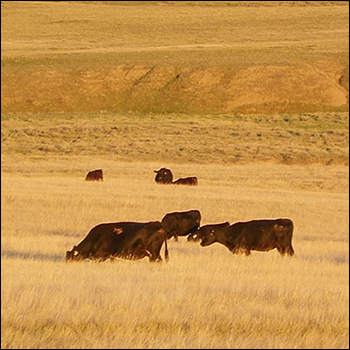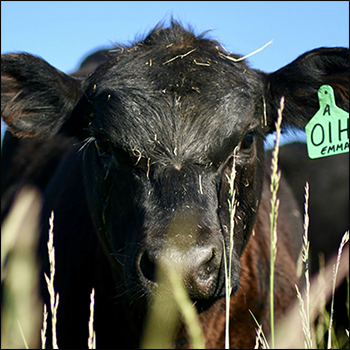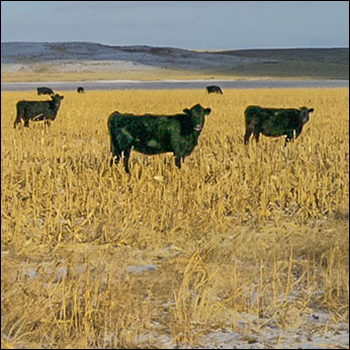ANGUS BEEF BULLETIN EXTRA
February 3, 2021 | Vol. 14 : No. 1

Estate Planning Survey Says! Part Three
Three-article series: Documents discussed and survey results shared of estate and succession planning.
There are several tools available to design your family’s estate plan. Rincker Law PLLC performed a survey sent via email and posted via social media geared to agriculture producers. Take a look at the survey data on family plans, documents and agreements.
Revisiting the Plan
Approximately 30% of survey respondents noted that they had revised their estate plan twice. 20.69% of survey respondents had only revised their estate plan once, with 10.34% revising three times. Only four out of 57 participants admitted to revising their estate plan more than five times.
Rincker Law PLLC recommends to clients to review their estate plan every three to five years, or when there is a major life event (e.g., death, divorce, marriage, birth of child). Estate plans are works in progress. Farm and ranch families should have a “starter plan” that is customized, tweaked and improved over time.
Part of reviewing an estate plan is reviewing beneficiary designations. Rincker Law PLLC recommends to clients to review beneficiary designations every two to three years, or whenever there is a major life event (e.g., death, divorce, marriage, child born). It was surprising to see that more than 40% of participants said they had reviewed these designations within the last year. This is higher than expected; part of the uptick may be due to the COVID-19 pandemic forcing people to double-check their beneficiary designations, or it may be due to effective education in this area. 21.05% of respondents indicated they had checked these designations within two years, while 26.32% had checked these designations more than 2 years ago.
Business planning
It was positive to see that that 75.44% of survey respondents had some type of business entity. This was higher than expected, but lower than it should be. When diving deeper, some participants who noted they had a business entity may have later selected a sole proprietorship, which provides no liability shield. Nearly every farm or ranch should consider a business entity that would reduce any personal liability if there is an injury on the property, a food-safety concern, or another risk associated with production agriculture. The general partnership or sole proprietorship are ubiquitous with farm families, but this does not protect the land or personal assets in a lawsuit.
For the 43 survey takers who noted they had a business entity, the limited liability company (LLC) was the most popular choice (21 out of 43). Eight noted they had a corporation, with three having a limited partnership. The remaining participants had either a general partnership, a sole proprietorship or marked “Not Applicable.” Twenty-two participants stated that they had multiple business entities, which is a nice plan for most (but not all) farms and ranches.
Succession planning
It was good to see that 51.79% of survey respondents had identified an heir interested in taking over the farm/ranch or agribusiness; however, this number should improve. More than a quarter of survey respondents (26.7%) explicitly stated there was no identified heir, while 14.29% were not sure.
These data highlight the need for farm families to communicate interests and desires in this regard. It also shows that many farms and ranches may have off-farm heirs where it is unclear whether they wish to come back to the agriculture enterprise.
Open communication is the first step to a successful succession. Somewhat optimistically, 56.9% of participants stated that their agriculture family had open communication about their estate plans. This is far too low and the agriculture community needs to help farm families with this open communication. One option is with the growing use of agriculture mediators to help multigenerational farm families facilitate an open discussion.
The families that have been successful note the following themes for how they were able to accomplish open discussion: regular meetings, whether monthly or annually; being upfront in communication; face-to-face meetings; and a third-party mediator.
Frustratingly, almost 48% of survey respondents admitted that their farm or ranch did not have a succession plan on transferring knowledge and management skills from one generation to the next. Only 16 out of 57 (or 28.07%) have an ascertainable game plan. This is arguably more important than the estate planning documents and needs urgent attention in agriculture education.
Prenuptial agreements
In agriculture, prenuptial agreements can oftentimes be considered taboo. However, when used properly, they can be a prudent component to an estate plan. Many believe that prenuptial agreements are planning for a divorce. Instead, consider a prenuptial agreement akin to a life insurance policy for a marriage.
After all, one of the Big D’s that harms family farms is divorce (along with death and destruction).
Unfortunately, only one survey respondent out of 58 noted that a child or heir had a prenuptial agreement.
As a firm who handles farm divorces, it is devastating to observe what divorce can do to families, much less an agriculture business. Agriculture educators are urged to provide more education in this area to farm and ranch families so decisions can be made whether a nuptial agreement is best for members of the family unit.
Editor’s note: This article was edited from a longer article by Cari Rincker. She is the principal attorney at Rincker Law PLLC. Check out parts one and two of this three-part series.
